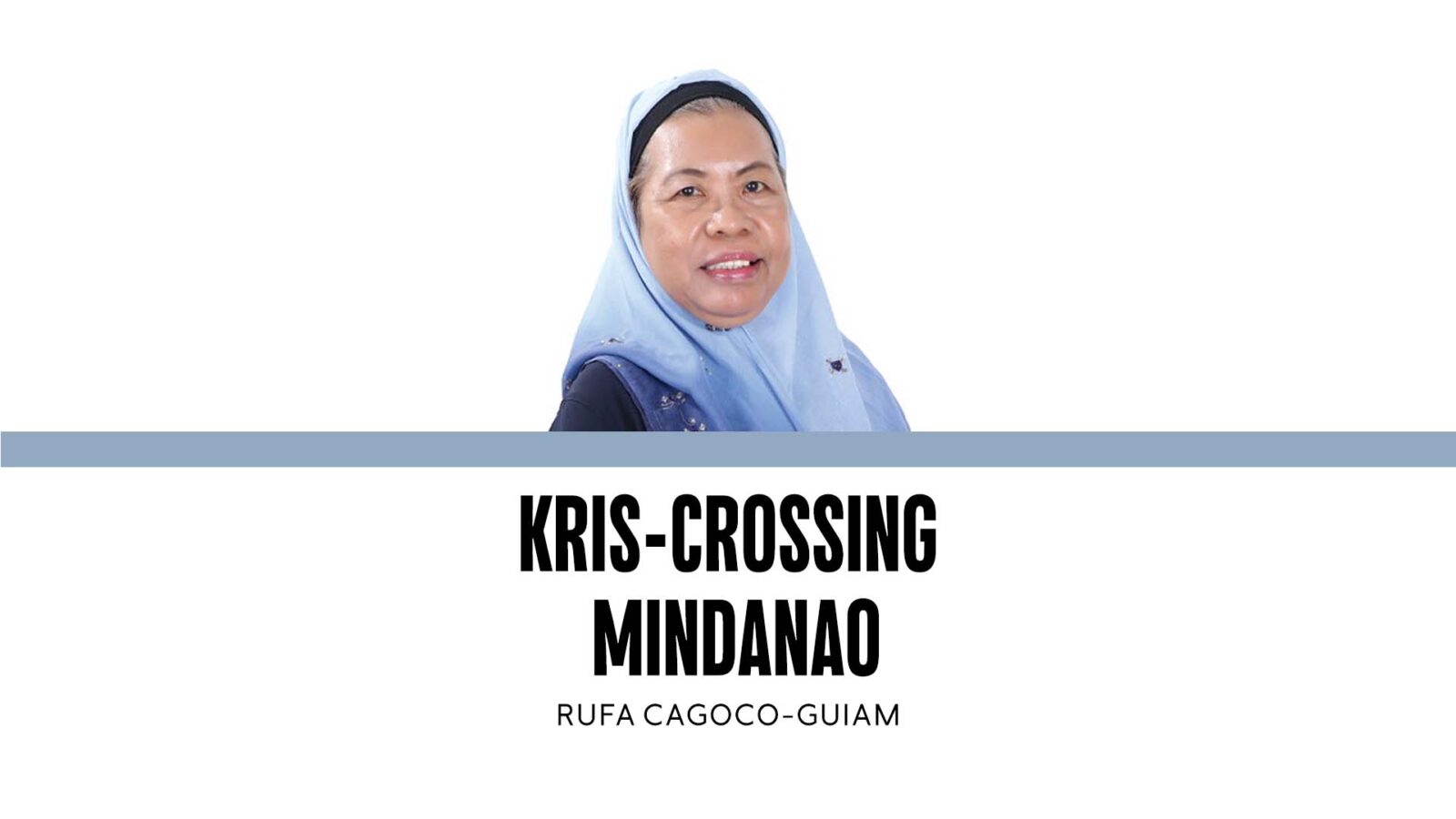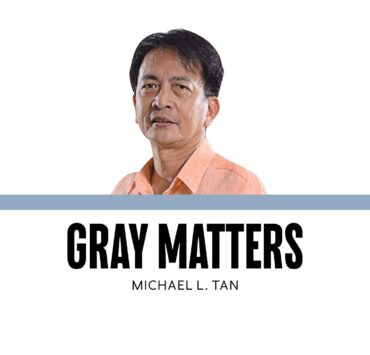Taxation without representation (2)

Despite the clarification from the Department of Finance (DOF), the Capital Market Efficiency and Protection Act (CMEPA) has been appraised as an “anti-poor” piece of legislation or a regressive one, especially for low-income depositors. The latter will pay an equal amount of tax on the interest from their bank accounts as the high-income depositors do. This is the view of progressive sector leaders, like economist Sonny Africa, executive director of Ibon Foundation Philippines.
In an interview, Africa raised the issue that the uniform 20 percent tax on interest income could “disproportionately burden small savers.” Africa explained that uniform and standardized tax rates may appear to be fair at first glance. However, he noted that “equalizing tax on interest income will be regressive in effect because ordinary savers will end up paying the same rate as the ultrarich.” He added that “the DOF is being insensitive: equal treatment of unequals is unequal in effect.”
DOF’s push for CMEPA might indeed appear to be “leveling the playing field,” as it has argued, after social media was abuzz with news that bank deposits will be taxed with a huge 20 percent interest. The DOF has clarified that it is only on the interest income of bank savings and other accounts that the 20 percent tax will be imposed. It also encouraged middle-class earners to start investing in capital markets, so they can avail themselves of benefits like lowered levies on stock transaction taxes and documentary stamp duties.
But Africa and other progressive economists consider these as beneficial only to very rich corporate businesspersons, not ordinary monthly or daily wage earners, like many of us.
Having incomes that are just enough to live on, daily and monthly income earners do not have the motivation to invest in capital markets. For another thing, they lack adequate financial literacy. If they were enticed to invest in these volatile types of investments, they should be prepared to brace for shocks in the volatile stock or capital markets trading. As low-income earners, they cannot afford to risk their hard-earned money on the vagaries of stock markets that are susceptible to both international and national economic downturns.
This is what the DOF is not conscious of. There is no “leveling the playing field” as they have argued when it comes to investments. Those with no disposable income or surplus funds will not be on an equal playing field with huge corporations and business owners, who can afford to invest their surplus incomes from their business enterprises in capital and stock markets.
Progressive economists recommend that the government do its job with the strict implementation of laws on workers’ decent wages (like the minimum daily wages applicable to all regions), and provide adequate social and health services, especially to low-income earners aside from social protection in times of financial crisis and climate change upheavals, like what we are facing now.
Under the new CMEPA, an increase of 5 percent in foreign currency deposits is added to the former 15 percent tax on the interest income of FCDs. This also bothers overseas Filipino workers who used to open FCDs for their relatives in the Philippines. This is why OFWs now choose to use money transfer agents who can give the remittances in the currency they sent, especially in dollars, with only a small amount for the transfer fee and currency exchange deductions.
Taxation from governments is required in exchange for a wide array of basic government social services, like health and education, and even for other concerns that require the government’s facilities for social protection. But for the longest time—from one presidential administration to another—we have witnessed disproportionate levels of taxation imposed on taxpayers, especially the majority of us who only depend on either daily or monthly wages.
Huge corporations enjoy tax breaks for a significant period when they agree to invest in government capital markets and other business ventures. On the other hand, we continue to pay taxes for which we do not get a break, not even when we have to sell whatever portable assets we have when incurring huge medical expenses.
We cannot avoid any form of taxation at every step of our lives. But government services have always been wanting, despite having received all taxes that are imposed on all goods that we consume, even if we buy them from our neighborhood variety stores (sari-sari stores). Taxes have already been integrated into the prices of basic commodities without us knowing, and without us being heard by our national policymakers who craft legislation on additional tax burdens.
It makes me think that death is truly a time when one rests, especially from paying taxes.


















